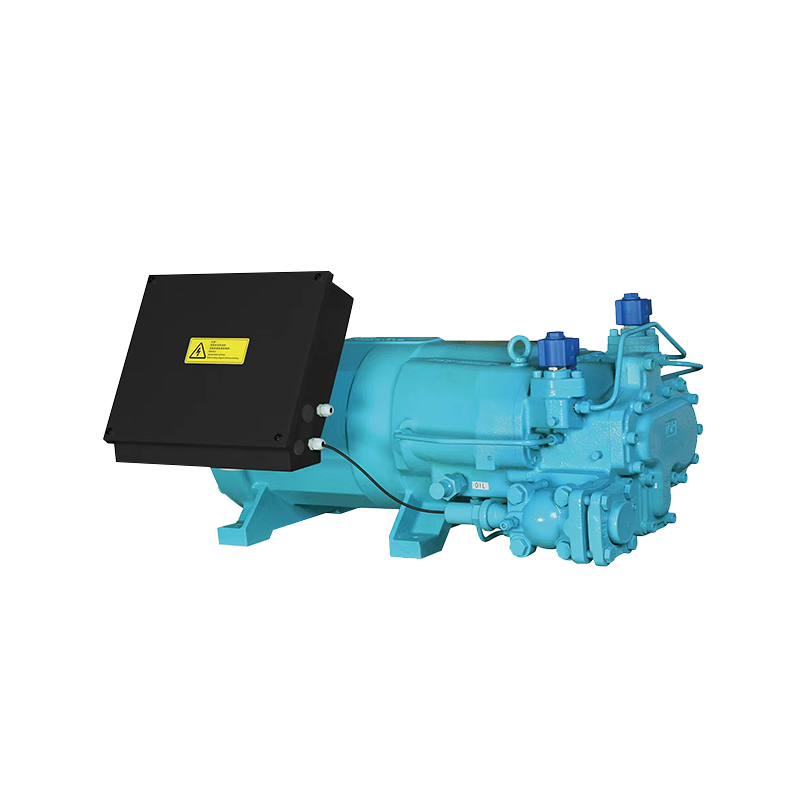During the scorching summer heat, the air conditioner compressor is the heart of the air conditioning system. Failure can cause significant inconvenience. Understanding the common signs of an air conditioner compressor failure can help you identify and address the problem promptly, avoiding further damage.
Content
1. Noticeable decrease in cooling performance or complete failure
This is the most direct sign of a problem with the air conditioner compressor (or the entire air conditioner system). When the compressor isn't functioning properly, the refrigerant can't circulate through the system and effectively exchange heat.
Symptoms: When the air conditioner is turned on, the air is no longer cool, or the cooling effect is very weak. Even if you set the temperature very low, the room temperature takes a long time to cool.
2. The compressor has difficulty starting or won't start at all
When a normal air conditioner compressor starts, you should hear a clear start-up sound and feel a slight vibration.
Symptoms:
- Unable to start: The outdoor unit fan may be running, but the compressor remains stationary, showing no signs of starting.
- Frequent starts and stops: The compressor attempts to start but quickly stops (also known as "short cycling" or "tripping"). This may be caused by overheating protection or abnormal pressure.

3. Unusual Noise or Vibration
A healthy air conditioner compressor emits a steady, low hum during operation. If you hear a harsh, loud, or unusual noise, it may indicate internal component damage.
Symptoms:
- Metallic grinding/knocking noise: Internal mechanical parts are worn or damaged.
- Intense humming/continuous clicking noise: This may be related to a faulty starter relay, motor winding, or capacitor.
- Unusual vibration: Internal compressor damage or improper installation.
4. Strange odor or leak from the outdoor unit
While strange odors and leaks are not always caused by the compressor, they are often associated with serious malfunctions in the air conditioning system.
Symptoms:
- Burning smell: This is usually a sign that the compressor motor windings are overheating or burning, which is very dangerous and should be turned off immediately.
- Refrigerant Leakage: Although the refrigerant itself may not have a noticeable odor, if you notice oil stains (refrigerant oil) around the condenser or outdoor unit, it could indicate insufficient refrigerant, which can directly lead to compressor overheating and damage.
How to Quickly Identify
If your air conditioner exhibits any of the above serious signs, especially if cooling performance is extremely poor or the compressor doesn't start at all, your air conditioner compressor is likely damaged or nearing failure.
Please Note: Repairing an air conditioner compressor involves high-pressure refrigerant and high-voltage circuits. For your safety and to accurately diagnose your air conditioning system, we strongly recommend that you do not disassemble or repair it yourself. Instead, contact a professional air conditioner repair technician for an on-site inspection. They will use specialized tools such as a multimeter and pressure gauge to determine the compressor's true condition and perform targeted repairs or replacements.

 English
English Español
Español عربى
عربى русский
русский











